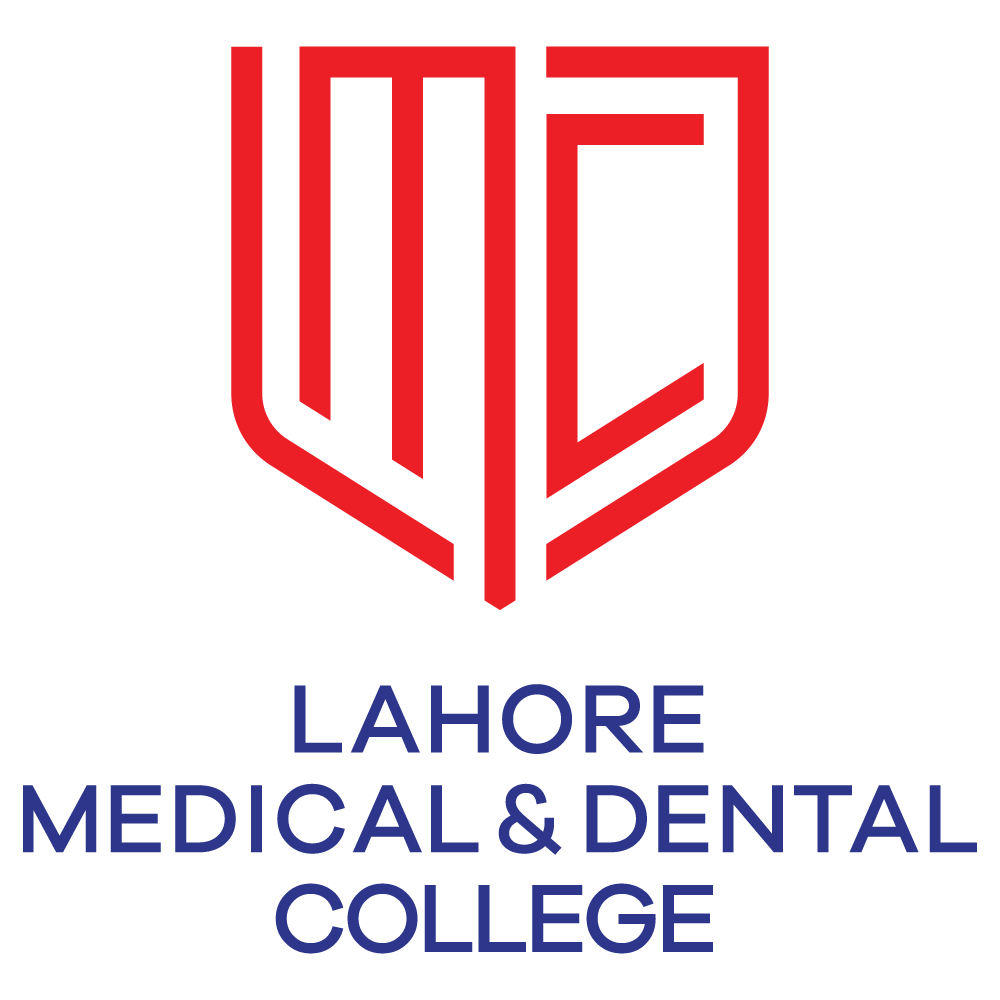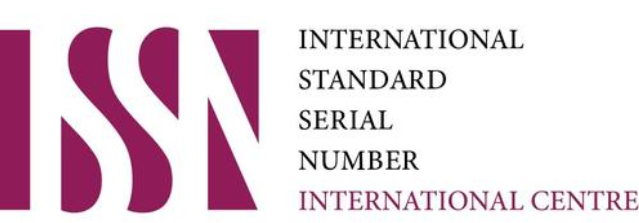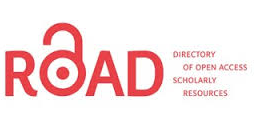Educating Tomorrow’s Doctors
Educating Tomorrow's Doctors
DOI:
https://doi.org/10.70384/jlmdc.v2i01.74Keywords:
Education, Curriculum, Lifelong learning, Medical educationAbstract
This editorial explores a fundamental question in curriculum reform: What is the single most important attribute for tomorrow’s doctors? It argues that to prepare graduates for a lifetime of change, we must reflect this not only in the curriculum and our teaching but in how we perceive knowledge itself.
References
1. Serwadda D, Mugerwa RD, Sewankambo NK, et al. Slim disease: a new disease in Uganda and its association with HTLV-III infection. Lancet 1985;2(8460):849-52. doi: S0140-6736(85)90122-9 [pii] 10.1016/S0140-6736(85)90122-9 [published Online First: 1985/10/19] DOI: https://doi.org/10.1016/S0140-6736(85)90122-9
2. Osler W. An Address on the Importance of Post-Graduate Study: Delivered at the Opening of the Museums of the Medical Graduates College and Polyclinic, July 4th, 1900. BMJ 1900;2(2063):73-75. doi: 10.1136/bmj.2.2063.73 DOI: https://doi.org/10.1136/bmj.2.2063.73
3. Siddiqui ZS. Lifelong learning in medical education: from CME to CPD. Journal of the College of Physicians and Surgeons--Pakistan : JCPSP 2003;13 1:44-7.
4. Perry WG. Forms of intellectual and ethical development in the college years : a scheme. [S.l.]: Holt, Rinehart and Winston 1970.
5. Freire P. Pedagogy of the oppressed. 50th anniversary edition. ed1970.
Downloads
Published
How to Cite
Issue
Section
License
Copyright (c) 2025 Dason Evans

This work is licensed under a Creative Commons Attribution 4.0 International License.









